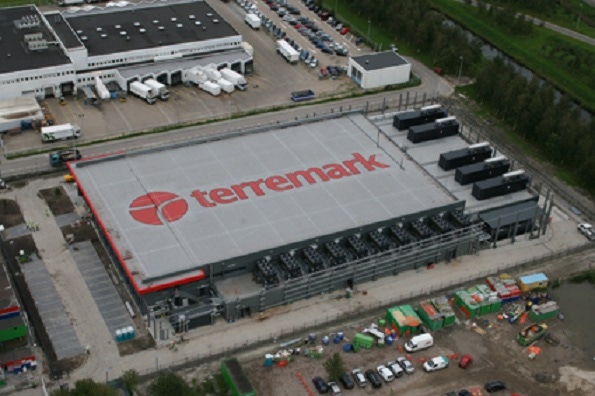Verizon Terremark is joining the public cloud race with the launch of cloud compute and cloud storage services. The company will go toe-to-toe with the likes of Amazon Web Services, Microsoft Windows Azure and Google Cloud.
October 4, 2013

Verizon Terremark is pushing beyond private cloud. The company will now counter Amazon Web Services, Microsoft Windows Azure, Google Cloud and Rackspace in the public cloud space. The first step: Terremark has launched public cloud compute and storage offerings.
Perhaps it was inevitable that Verizon Terremark, formed in 2011 when Verizon purchased Terremark for $1.4 billion, would eventually launch a public cloud offering. And Verizon Cloud Compute and Verizon Cloud Storage are what the IT services provider has come up with.
Verizon Terremark’s two new cloud services target SMBs, enterprises and the government sector, and according to the company, it will provide pricing that is competitive with other public cloud offerings. We’ll see about that; prices — particularly in cloud storage — have been on a consistent decline as the big public cloud providers go the extra mile to bring customers on board.
Although getting into the IaaS game certainly makes sense, as there is a growing opportunity there, but launching a public cloud compute solution is a stranger move. The big players typically use cloud storage as a loss leader that brings customers in so they can be sold higher-margin services either directly by the cloud providers or by their partners.
Maybe Verizon Terremark has a similar strategy, but with the fall of Nirvanix and some speculation that other smaller cloud storage players will disappear in the next couple of years, it seems an odd move to bet on cloud storage. Odder still to use the same tactics as competitors currently dominating the public cloud space.
Giving Verizon Terremark the benefit of the doubt, though, the new cloud services should pair nicely with its SaaS and private cloud offerings.
The real question is whether there is still room for another big public cloud player to get into the game. Time will tell.
About the Author(s)
You May Also Like


